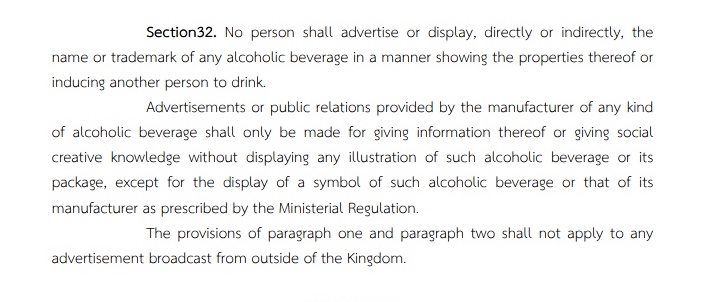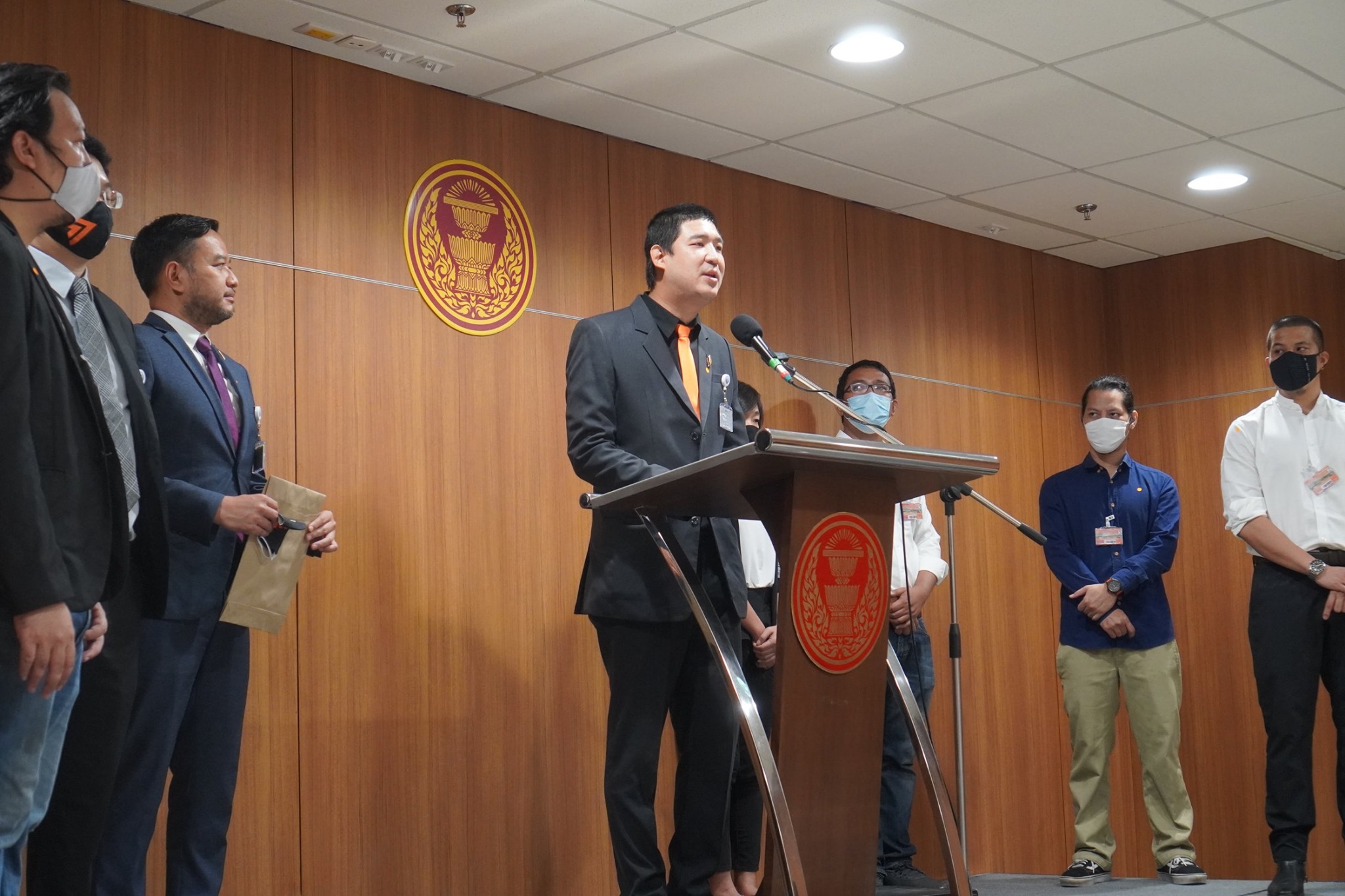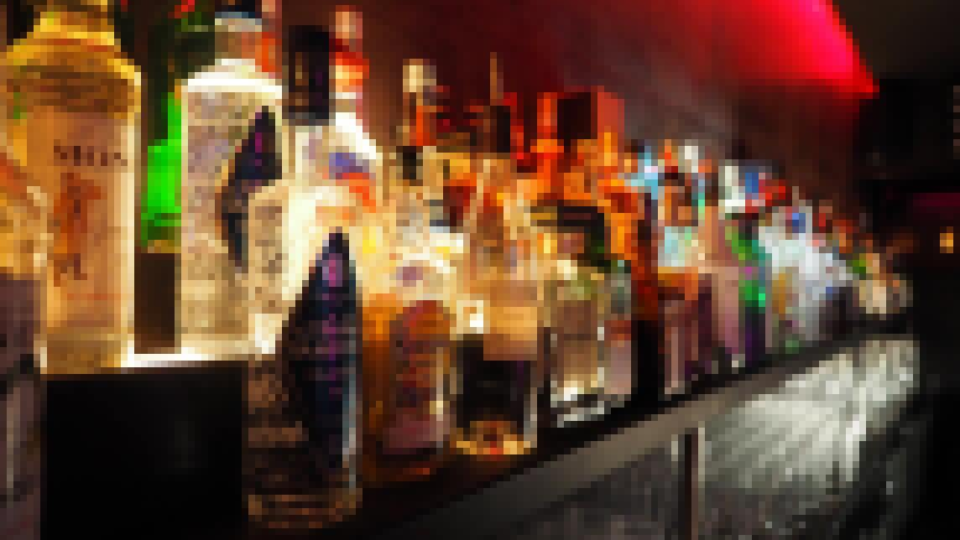Bar owners and liquor entrepreneurs are calling for an end to a longstanding ban on alcohol advertising they think is deeply flawed and misguided.
A week after launching a petition demanding officials revoke the regulatory ban, one of its authors explained why the law, which has been used to prosecute individuals for as little as showing alcohol in photos they post, defies common sense.
“I don’t understand. I can’t make sense of it,” said Niks Anuman-rajadhon, a bar owner and part of the group rallying against the ban. “Consumers have the rights to know what they buy and importers have the right to explain their products.”
Central to the issue is Section 32 of the Alcohol Beverage Control Act, which bans all advertisement or display, directly or indirectly, of the name or trademark of any alcoholic beverage that ascribes qualities to it or might “induce” another person to drink. 
That selfie you posted with a bottle of Chang? Nope. Wanna write “This beer’s aroma smells so good?” Nope. “This new gin has just arrived?” Nope.
In recent years, it has been used to close popular beer gardens, fine the women promoting brands in tight-fitting uniforms, prosecute celebrities touting brands online and even halt sales of traditional drinks at festivals.
Violators risk fines from THB50,000 to THB500,000. Since lockdown measures have been strictly enforced during the COVID-19 outbreak, 400 people including bar owners and importers have been fined.
Thanakorn Kuptajit, president of the Alcohol Beverage Business Association, said the government should relax the restrictions for the sake of the economy, which has been wrecked since the pandemic began.
In response to the prosecutions, a craft beer bar called attention to the problem creatively a few days ago by posting photos that used hand gestures to describe a beer bottle.
“Because we cannot post photos of the product, we have to illustrate its appearance instead,” Dok Kaew House Bar wrote on social media along with pictures of the owner’s hands making round and long shapes. “The product is this long and this wide.”
“We sell alcoholic beverages, which are legal products. We aren’t drug dealers,” Niks said. He operates VV Spirits and is one of the owners of cocktail bars Asia Today and Teens of Thailand.
A week after public health officials imposed a booze ban, ostensibly to curb the spread of COVID-19, Niks was summoned by the Alcohol Control Board for questioning after he advertised home delivery service by posting pictures of alcohol bottles on social media.
The law is vague, according to Niks, and therefore up to the interpretation of the authorities to enforce. One of the board’s most zealous enforcers in recent years, Samarn Futrakul, used increasingly creative interpretations to order all beer gardens closed, among over perceived overreaches. He was eventually removed from office.
Niks said he understands that the law was enacted 12 years ago to keep alcohol from taking over the airwaves, namely television. But today it also applies to social media, thus extending its impact to almost everyone.
“Where’s the line between black and white? What can we do then, so it’s considered legal?” Niks said.
Another person protesting the law is self-proclaimed beer crusader Taopiphop Limjittrakorn, an MP of the Move Forward Party (formerly Future Forward Party).
“Regular people just want to express their thoughts on the smell and color of the beer. They get zero baht from this. They just do what they love to do,” Taopiphop wrote. “Enforcing the law is an abuse of government power and limits people’s rights.”

Taopihop, whose arrest three years ago for making and selling beer at home made him a household name, is promoting draft legislation that would promote startup brewers and allow them to operate freely. His Sura Kaona (Booze Forward Act) bill would decriminalize microbrewing, which is currently only permitted on Thai soil by the major brewers which dominate the industry.
Not everyone agrees with revoking the act, especially in the halls of power where prohibitionists hold sway.
In the same week Niks and Taopiphop launched their petition, Kamron Choodecha of the Alcohol Watch Network urged public health minister Anutin Charnvirakul to not only keep the current ban on restaurant alcohol sales in place, but to also extend it to online delivery.
Kamron said that selling booze on any platform is a “bad influence” on the youth and makes it easier for them to obtain alcohol.



